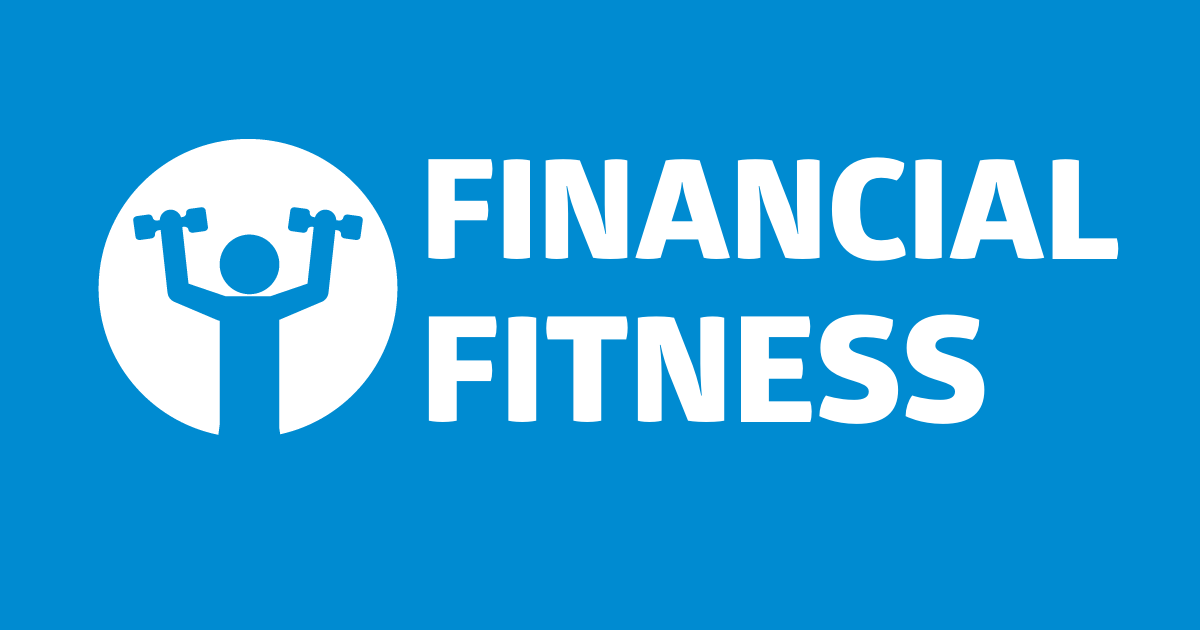By Charlestien Harris
In 2019, there were approximately 43 million housing units occupied by renters in the United States. This is a huge number of people that may possibly be affected by the uptick in eviction notices that have been served or are in the process of being served because of unpaid rent by current tenants.
This pandemic is wreaking havoc in the housing market whether it is a rental or owner-occupied property. The number of Covid-19 cases is on the rise in some areas of the country known as hotspots and the number of evictions is also on the rise.
The CARES Act, signed into law on Mar. 27, 2020, provided 120 days of eviction relief for tenants in federally-backed housing, which has since expired. The CDC has extended that relief which began September 4, 2020 and ends December 31, 2020.
In an effort to slow down the effects of the virus spreading among local communities, CDC Director Dr. Robert Redfield signed a declaration determining that the evictions of tenants could be detrimental to public health control measures to slow the spread of SARS-Cov-2, the virus that causes COVID-19. The CDC order prohibits a landlord, owner of a residential property, or other person with a legal right to pursue eviction from evicting any covered person from a residential property where the order applies unless certain specified conduct occurs.
In this order, a residential property means any property leased for residential purposes, including any house, building, mobile home, land in a mobile home park, or similar dwelling leased for residential purposes. Any dwelling rented to a temporary guest or seasonal tenant, such as a hotel, motel or guesthouse does not qualify as a residential property.
A covered person is a tenant or resident of the residential property who has provided a sworn declaration in writing to the landlord stating that the tenant is experiencing difficulties in paying the rent because of effects of the coronavirus. The written declaration must include the following information:
1. The tenant has used best efforts to obtain all available government assistance for rent or housing.
2. Meets the income limit.
a. Expects to earn $99,000 or less in 2020 or $198,000 for couples filing jointly.
b. Received a COVID-19/CARES Act stimulus check or
c. Was not required to report income to the IRS for 2019.
3. Is unable to pay full rent due to substantial loss of household income or extraordinary medical expenses (7.5% or more of AGI).
4. Is using best efforts to pay partial rent that is as close to full rent as circumstances will allow.
5. Would likely become homeless or forced to live in “close quarters” in shared housing if evicted.
Eviction is still permissible if a tenant engages in the specified conduct below:
- Participates in criminal activity while on the premises.
- Threatens the health or safety of other residents.
- Damages or poses an immediate risk of damage to property or other tenants.
- Violates any applicable building code, health ordinance or similar regulation relating to health or safety.
- Violates a contractual obligation other than the timely payment of rent, fees, penalties or interest.
Landlords who violate the CDC order are subject to criminal fines and penalties. This document is a legally binding document so the information contained in it is considered a sworn declaration and must be signed by the tenant. Each adult in the household must provide a declaration. The form does not have to be notarized and can be downloaded at the following address: https://www.cdc.gov/coronavirus/2019-ncov/downloads/declaration-form.pdf.
The tenant must submit this document in writing to the landlord in order for it to go into effect. You cannot just state the order orally to your landlord. The renter may also check with local and state officials for other orders that give the renter more protections under the law. This order does not supersede the local or state laws, but may offer additional options for the renter to pursue. The CDC order is meant to set a floor for eviction protections.
Remember the CDC order does not waive or forgive unpaid rent or late fees or interest. As a tenant, you are protected against eviction but are still liable for the arrearages including rent, late fees and interest. For more information and to find your local HUD Approved Counseling Agency, visit www.hud.gov. Until next week, stay financially fit!
